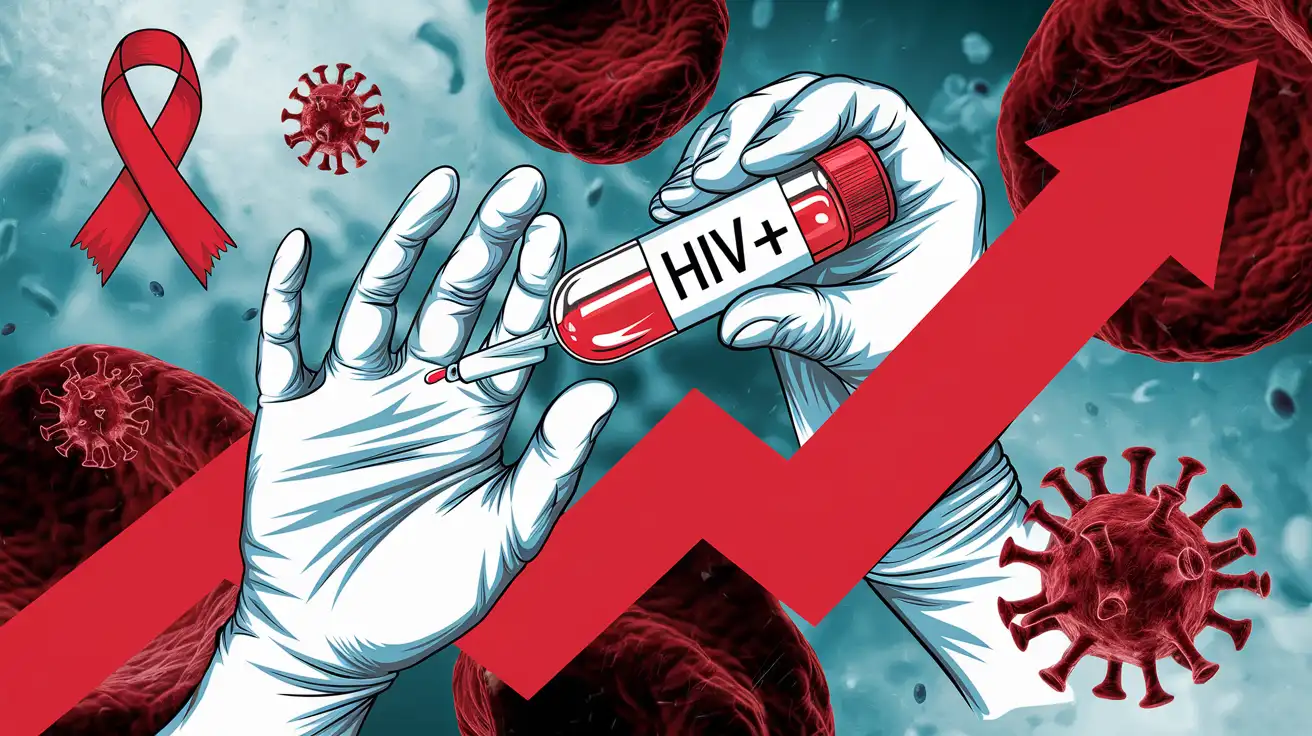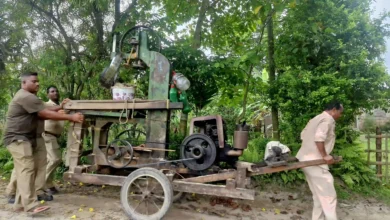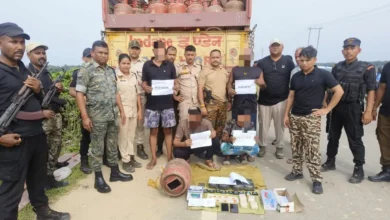Dhubri Faces Surge in HIV/AIDS Cases Linked to Needle Sharing Among Drug Users

HIV/AIDS Cases Surge in Dhubri: An Alarming Crisis Linked to Needle Sharing
Dhubri district, located in Assam, is experiencing a severe public health crisis as intravenous drug use emerges as a leading cause of HIV/AIDS transmission. Between January and October 2024, over 300 cases were reported, with 95% directly attributed to needle sharing among drug users. This alarming trend highlights the growing challenges in addressing substance abuse and its broader societal impact.
The District TB and AIDS Control Officer has confirmed that 30 to 40 new cases are being reported each month, emphasizing the gravity of the situation. Worryingly, the epidemic has affected diverse sections of society, including students and young women, underlining its widespread reach.
The increasing use of injectable drugs, especially among Dhubri’s youth, has significantly exacerbated the crisis. Experts point to a lack of awareness regarding safe practices and the severe risks associated with needle sharing as key drivers behind the epidemic.
Public health specialists stress that addressing this issue requires more than just medical interventions. An anonymous expert commented, “The problem of needle-sharing goes beyond medical concerns. It represents a deeper societal issue that must be tackled through community education, outreach programs, and targeted campaigns to mitigate risky behaviors.”
To combat this growing crisis, a 60-day awareness campaign was launched in August 2024, focusing on educating the public about HIV prevention and the dangers of substance abuse. A senior public health official, reported a slight decline in cases during October, attributing the progress to the campaign’s efforts. However, he cautioned that substantial work remains to control the epidemic fully.
The absence of a dedicated Antiretroviral Therapy (ART) center in the district poses a significant challenge. Currently, patients rely on the limited services of two Integrated Counselling and Testing Centres (ICTCs). Plans are underway to establish an ART center at Dhubri Medical College and Hospital, but implementation will take time.
As Dhubri grapples with the dual challenges of rising HIV/AIDS cases and increasing drug abuse, the situation demands urgent attention. Experts warn that if not addressed comprehensively, the crisis could escalate into a full-scale public health emergency. Proactive measures, including community engagement, education, and better healthcare infrastructure, are essential to prevent further escalation and safeguard public health in the region.
Also read: Assam’s Mising Tribe Handloom Achieves Prestigious GI Certification




